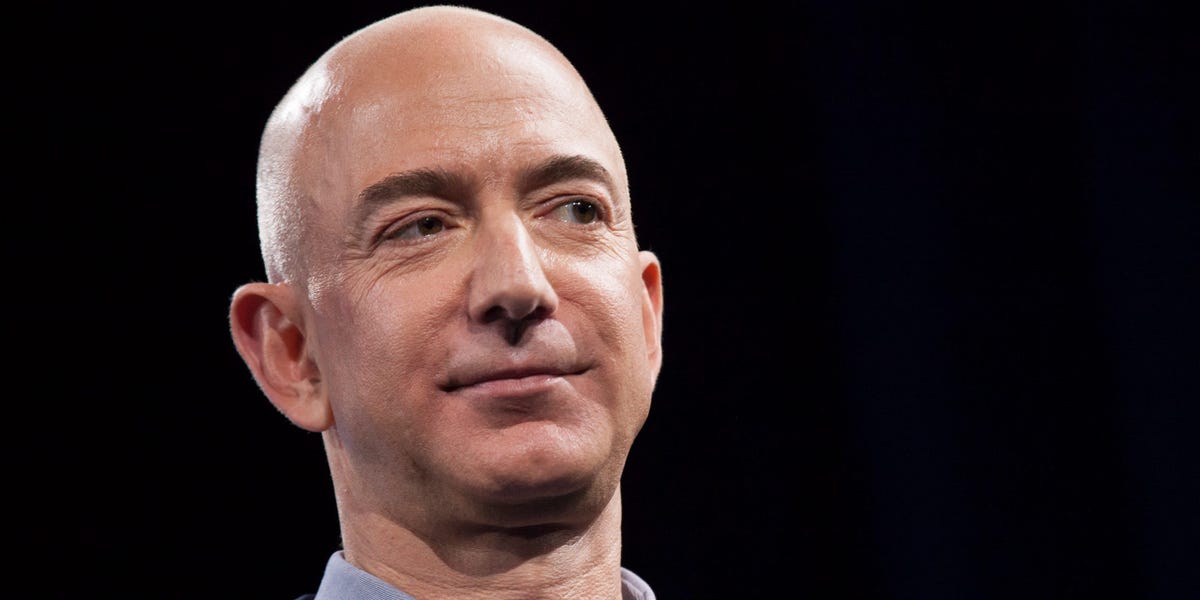Jeff Bezos is one of the world’s richest men. Since founding Amazon in 1994, he’s led the company from a tiny startup to a global behemoth worth $1.84 trillion.
But what is it about the founder’s leadership style that has been so exceptionally successful?
His inventiveness, fearlessness, and focus have all played a key role in Amazon’s growth, said Sunil Gupta, a Harvard Business School professor who has studied Bezos for years.
Gupta broke down how Bezos’s character has helped Amazon grow on a recent episode of Harvard Business Review’s “On Strategy” podcast.
“He gives you enough leeway to try different things, and is willing to invest hundreds of millions of dollars into things that may or may not succeed in the future,” said the Harvard professor.
But with Bezos’ vision and flexibility comes his notoriously tough work ethic.
“He’s certainly a hard charger,” said Gupta on the podcast. “When he hires people, he says, you can work long, hard, or smart. But at Amazon, you can choose two out of three.”
While Bezos may be highly competent, the billionaire’s lack of empathy is one aspect of his character that stands out to Gupta as a weakness.
“Those characteristics of competence and character make people respect you. What makes people love you is when you show compassion, and at least I haven’t seen compassion or empathy that comes out of him,” Gupta said on the podcast.
“He certainly comes across as a very hard-charging, driven person, which is probably good for business. But empathy is perhaps lacking right now.”
Photo Nomad Ventures, Inc./Corbis via Getty Images
Jeff Bezos was renowned for moving incredibly fast in the early days of Amazon and creating a cutthroat environment for employees.
Minimum 60-hour weeks were the norm and the CEO would famously explode at employees who displeased him, hitting them with snarky comments like, “I’m sorry, did I take my stupid pills today?”
His tough attitude as an employer came from his obsession with putting customers above all else. That meant employee perks and benefits typical at other tech companies were off the table.
Everything was driven by metrics at Amazon, and office employees have complained of punishing performance reviews and a culture where nothing ever feels done or good enough.
Amazon also faced widespread criticism for its treatment of workers during the COVID-19 pandemic after many said they felt unsafe at fulfillment centers due to the lack of health and safety precautions.
FREDERIC J. BROWN/Getty
In 2021, Bezos stepped down as CEO of Amazon after 27 years at the helm to spend more time on philanthropy and his two other major endeavors: The Washington Post and his rocket company, Blue Origin.
While Amazon’s success is undeniable, recent Gallup polls have found that American workers feel disengaged when their leaders fail to create a positive workplace culture or give them a sense of purpose.
“I think some people find it exhilarating to work with these kind of leaders. Some find it very tough,” said Gupta.
But ultimately, he added, many people just want to be on the winning team: “Amazon’s culture of experimentation and innovation. That is energizing to a lot of people.”




